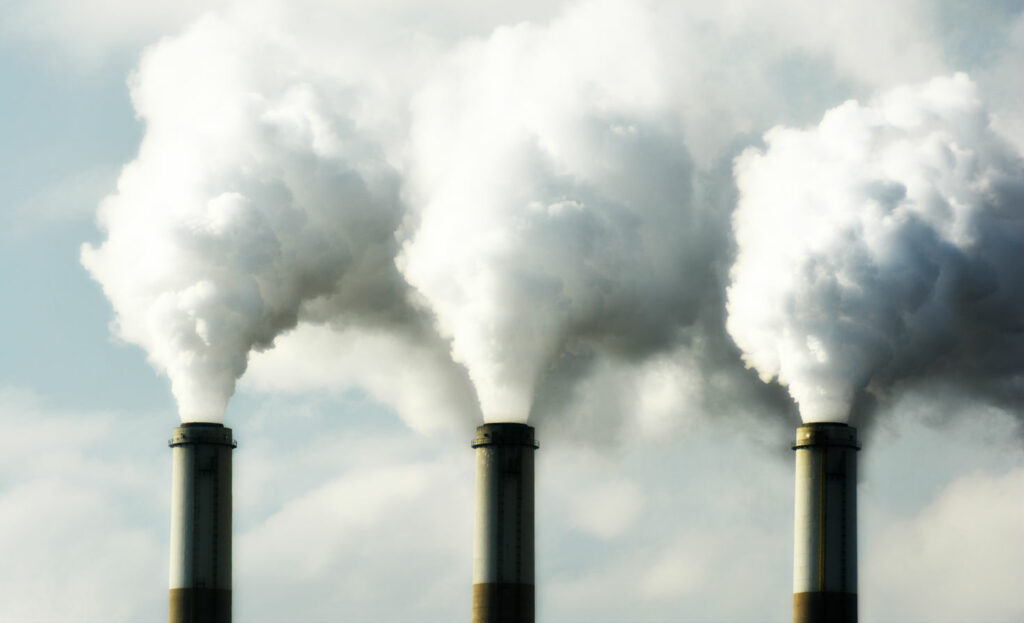One climate-related point on which there does seem to be a consensus of about 97%, among alarmists, is that it is vitally important to hold the total global temperature increase over pre-industrial times to 1.5°C. The goal is enshrined in the Paris Agreement and endorsed by all the great and the good as the end result of massive global scientific research. The Economist assures us in its usual plummy tones that “The world is failing to limit global warming to 1.5°C above pre-industrial levels – and the consequences are dire.” Dire, mind you. And John Kerry, whose statements on climate are a never-ending source of amusement, just insisted that 1.5 wasn’t simply “pulled out of the sky”. Technically he’s correct. Leading alarmist scientist Phil Jones, he of the “Climategate” CRU at the University of East Anglia, said back in 2007 that the 2 degree limit was “pulled out of thin air”. Not the same thing at all.
It might seem unfair to focus on what such important people said when what matters is what they meant, or should have said, or been understood to say, or something. Thus as we have noted more than once, back in 2014 Kerry blathered:
“Try and picture a very thin layer of gases – a quarter-inch, half an inch, somewhere in that vicinity… way up there at the edge of the atmosphere. And for millions of years – literally millions of years – we know that layer has acted like a thermal blanket for the planet – trapping the sun’s heat and warming the surface of the Earth to the ideal, life-sustaining temperature…. about 57 degrees Fahrenheit, which keeps life going.”
Later he became U.S. President Joe Biden’s “special envoy on climate” so it’s obviously not important that his statement was an appalling heap of rubbish in that greenhouse gases are not in a thin layer way up at the top of the atmosphere, they are mixed in it throughout, the temperature has not been constant for millions of years or even hundreds and 57°F (13.8°C) is not the “ideal, life-sustaining temperature” since the planet was if anything more hospitable to life during the majority of the last 500 million years when it was closer to 72°F (22°C).
Of course there would be a chorus of hooting if a “denier” made a statement every single “fact” in which was utter, laugh-out-loud rubbish. But being the incredibly rich, privileged and well-connected Kerry means well, he gets to be the climate “czar” and zip around in a private jet because “I have to fly to meet with people and get things done” like stopping you from getting to work in a private car.
As for Jones, well, if his considered scientific opinion is that “I think it [2C] is plucked out of thin air. I think it is too high as well. If it is 2 deg C globally, this could be more in Europe – especially the northern part. A better limit might be maintaining some summer Arctic sea ice!” it’s not important, is it? I mean seriously. Climate science says… uh… whatever. And he backs it up.
In commenting last week on the NDP claim about 1.5°C we added “But what isn’t clear is which scientists have ever said such a thing.” And if you asked John Kerry, well, stand clear as the babble erupts. Still, the people who say 1.5 is carved in stone and 2.0 in adamant ought to tell us from what substance the number was originally extracted. You know. Just to be safe.



For a number not pulled out of thin air, consider the work of William Nordhaus, as summarised here by Robert Murphy: https://www.econlib.org/library/Columns/y2018/MurphyNordhaus.html. Nordhaus did win the Nobel prize (or, if you prefer, the "Sveriges Riksbank Prize in Economic Sciences in Memory of Alfred Nobel") in 2018. As Murphy concedes, Nordhaus' work can be considered "representative of the state of the art when it comes to the mainstream economics of climate change." As of 2016, his DICE model projected that unabated global warming would reach a little above 4°C by 2100 (which might strike some as implausibly large). Under his optimal policy (an optimal carbon tax), warming would be limited to 3.5°C, not 1.5. Compared to his optimum, the net costs (costs minus benefits) of a 1.5°C limit would be "ludicrously expensive." To get to 1.5°C via a carbon tax, that tax would have to be $5,500 per ton, or a tax of US$48 [sic] per US gallon.